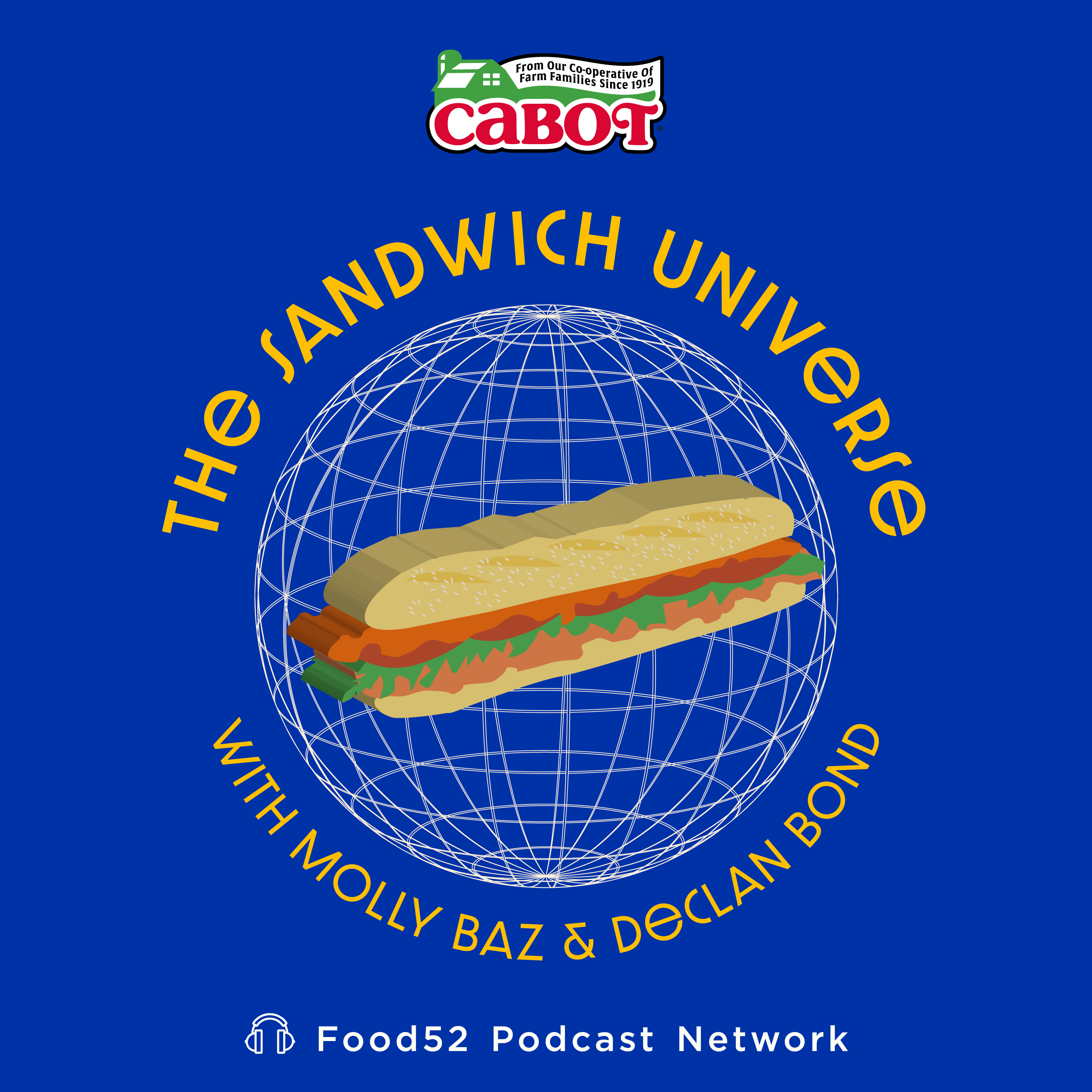Yesterday, First We Feast released “Hometown Hero: The Legend of New York's Chopped Cheese,” a sweet, funny eighteen-minute documentary on the chopped cheese. The chopped cheese is a real frankenstein of a sandwich, often composed of ground beef used for burgers, melted cheese, lettuce, tomatoes, on a hero roll (there are variants, ranging from the kinds of vegetables involved to the bread it’s served on), and it has long served as a fixture of New York bodegas.
In spite of its professed regional import, there was a time when the phrase “chopped cheese” didn’t mean a thing to the masses, and this still holds true. The documentary begins with a survey of New Yorkers—some recent transplants, other lifelong residents—who admit they don’t know what the hell this regional culinary classic is. The documentary goes from borough to borough, explaining the significance of a food that means different things to different people spread across Queens, the Bronx, and Harlem.
Earlier this year, the chopped cheese experienced a rather fraught moment in the public eye: In February, Insider released a video that declared it "New York's answer to the Philly Cheesesteak." Many people cringed—I was one of them—and some responded. The video below dissects the many missteps in what Insider posted. (The woman in the latter declined to comment for First We Feast's documentary; the interludes of the documentary that depict her video have whimsical, bumbling music playing along with them, making clear what the film's opinion of her misdeed is.) And then in August, April Bloomfield decided to pay homage to the chopped cheese by offering a $15 riff on it, a sandwich that, as the documentary explains, rarely costs over $5.50.
Who gets to cook what food? It's a topic we’ve become more committed to covering here at Food52 in recent months, particularly after observing the flare of criticism that calls out food media for claiming discovery of foods that already exist. A comment I’ve often encountered when writing about these topics is the belief that “Columbusing” is just a myth operating on a fundamental misunderstanding of the way food travels, that it's needlessly territorial and political. What this line of thought often misses is the need to understand what those who cry appropriation are actually trying to say—and where they're coming from.
This First We Feast documentary, in little space, wades through the thorniness of this topic and gives it due diligence. Some of the interviewees don’t care if Emeril Lagasse takes up the mantle of the chopped cheese; they’d love a pocket of Spanish Harlem in Kentucky. Others don’t want kale, hummus, quinoa to be thrown into the equation for a recipe that is, in its own way, perfectly imperfect. The opinions are multifarious and varied; what the documentary does best is that it actually listens to what they have to say.


See what other Food52 readers are saying.